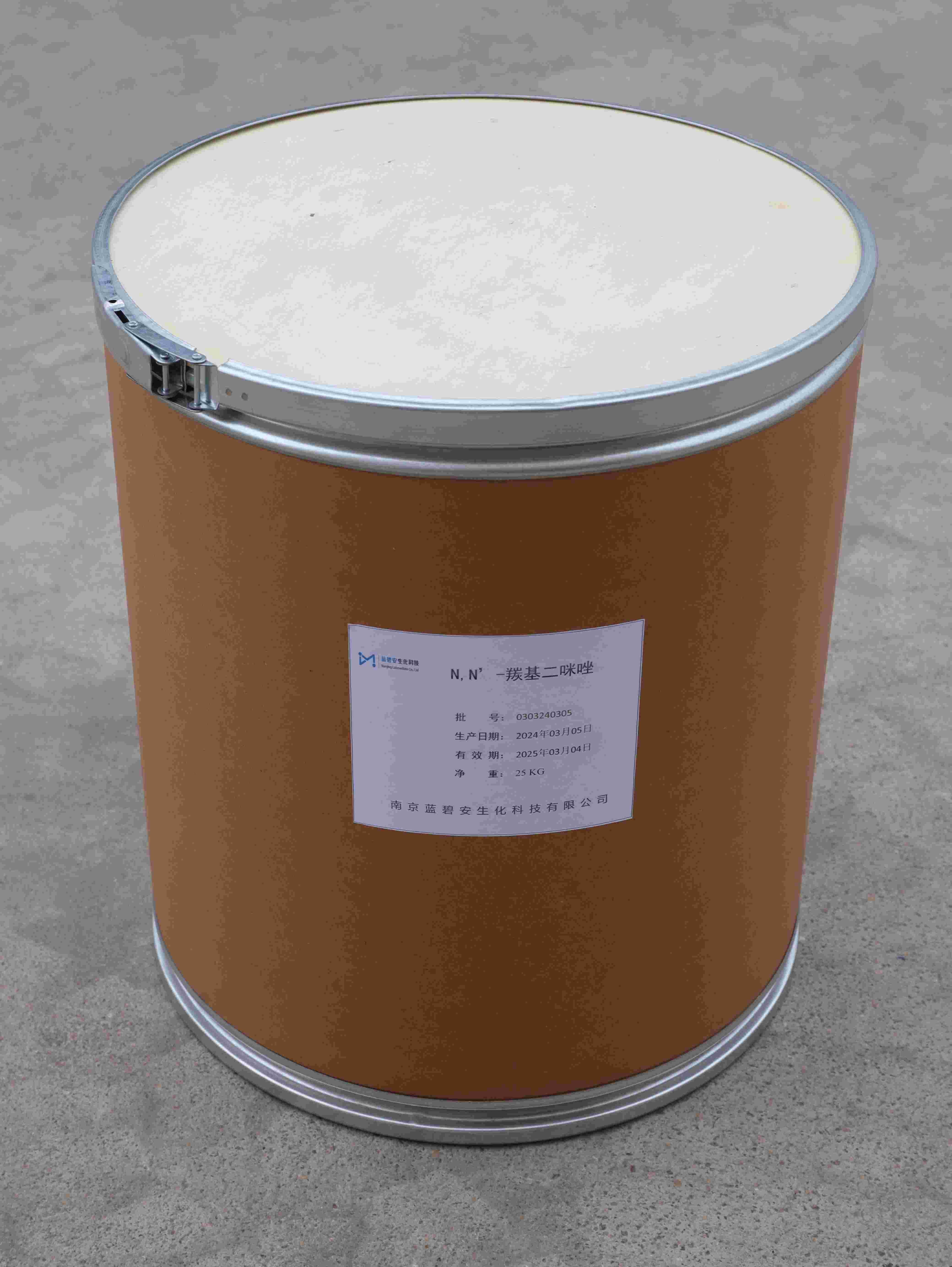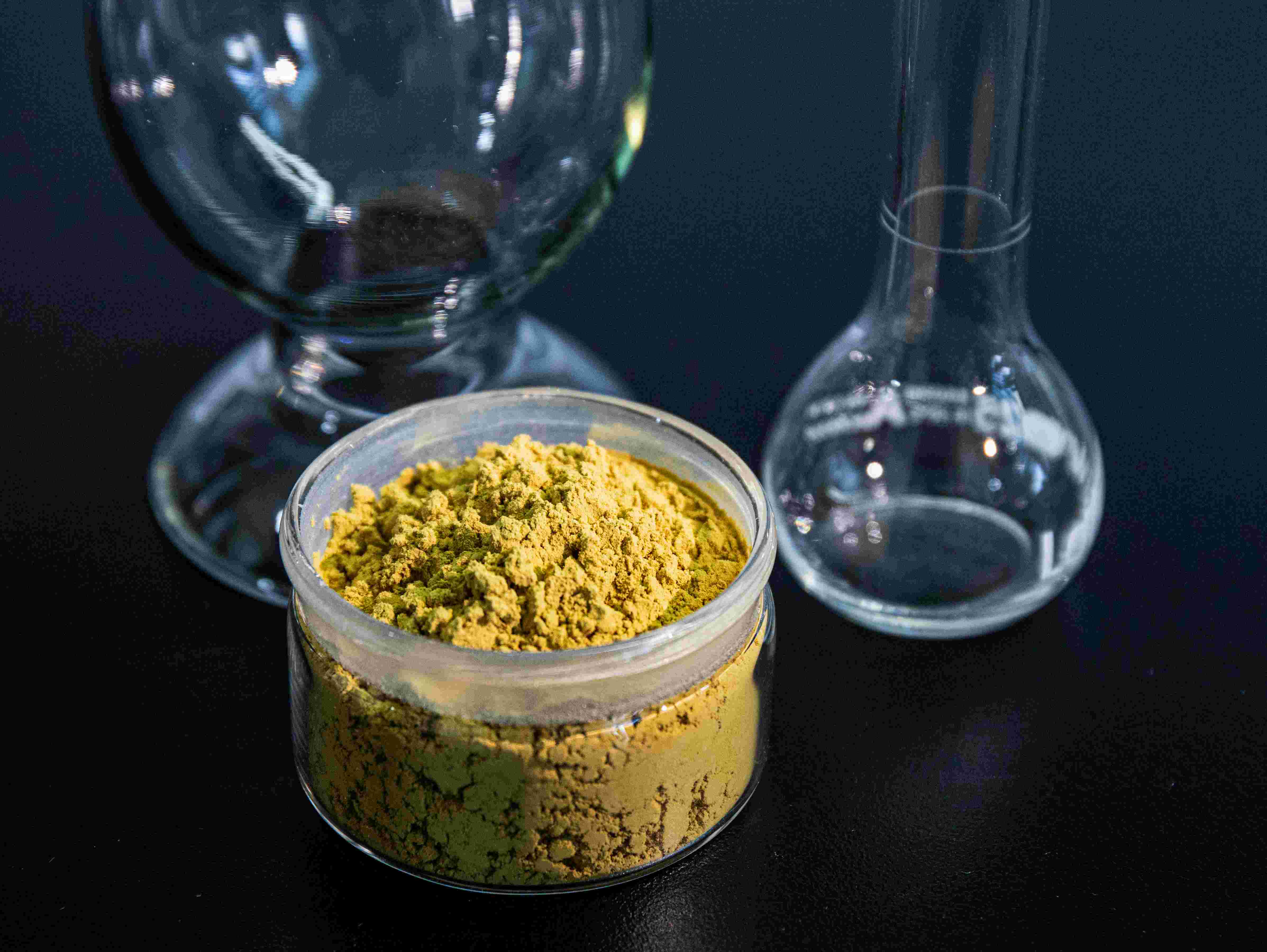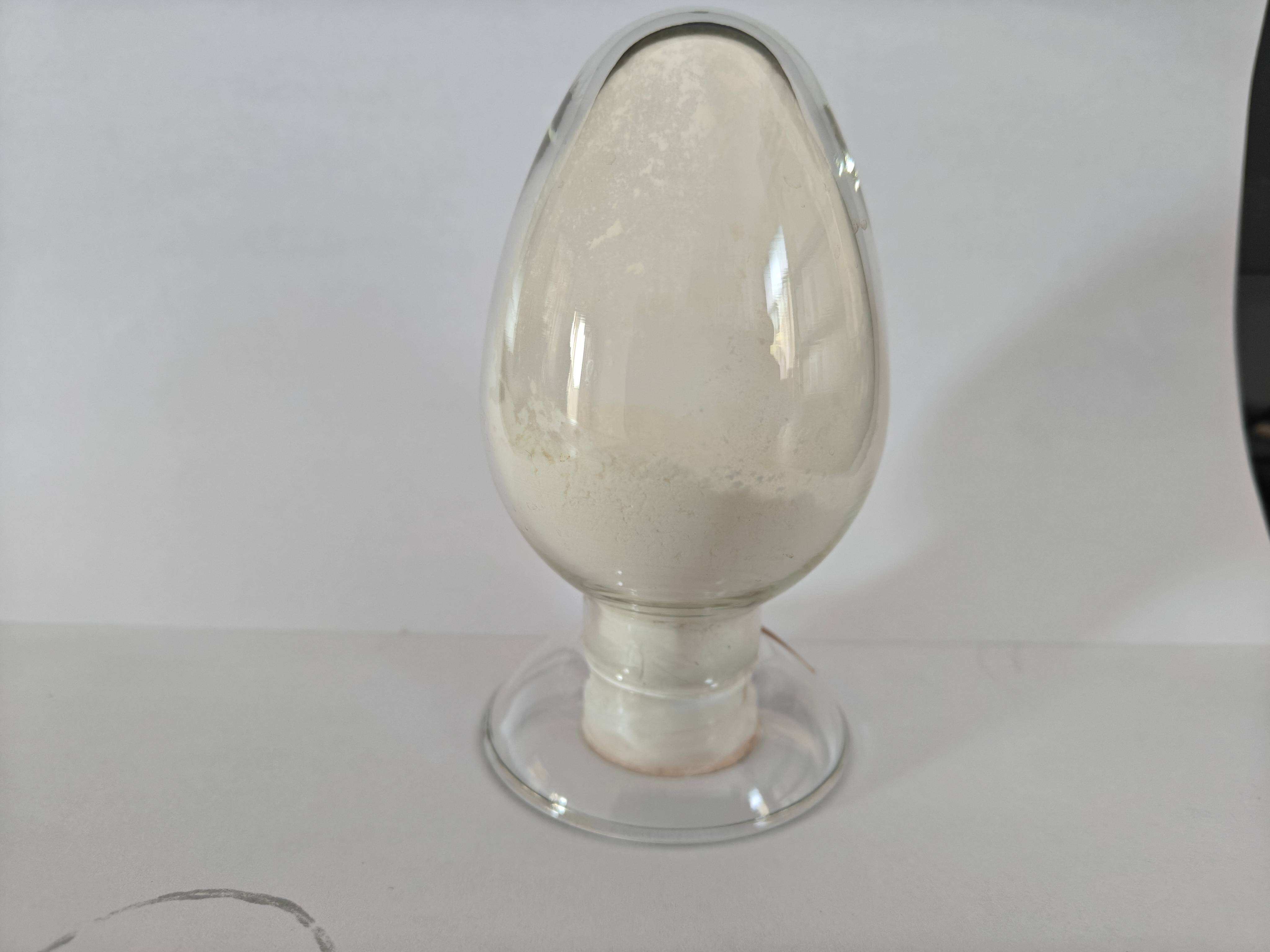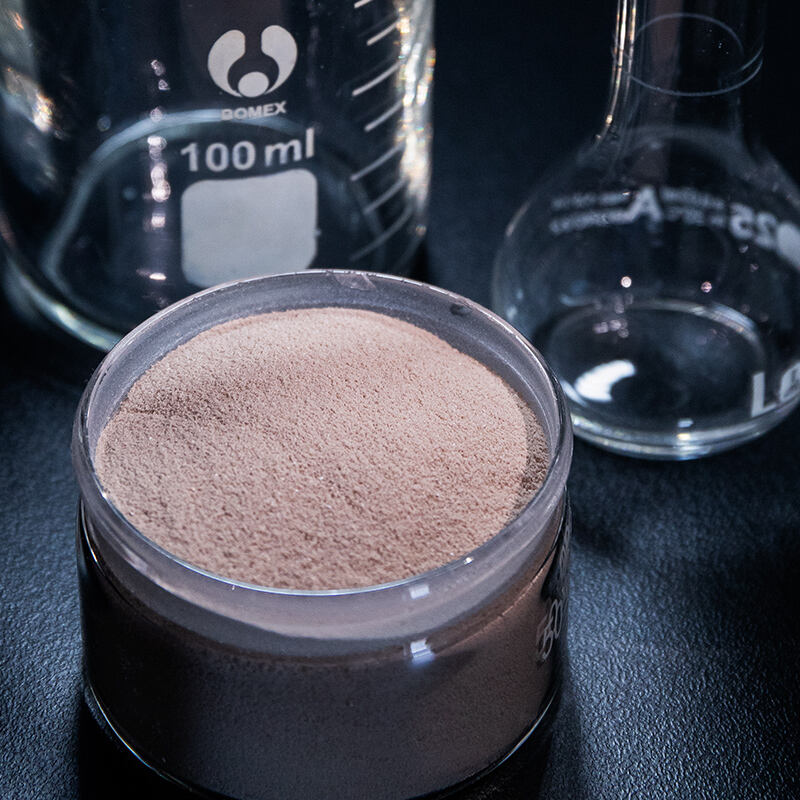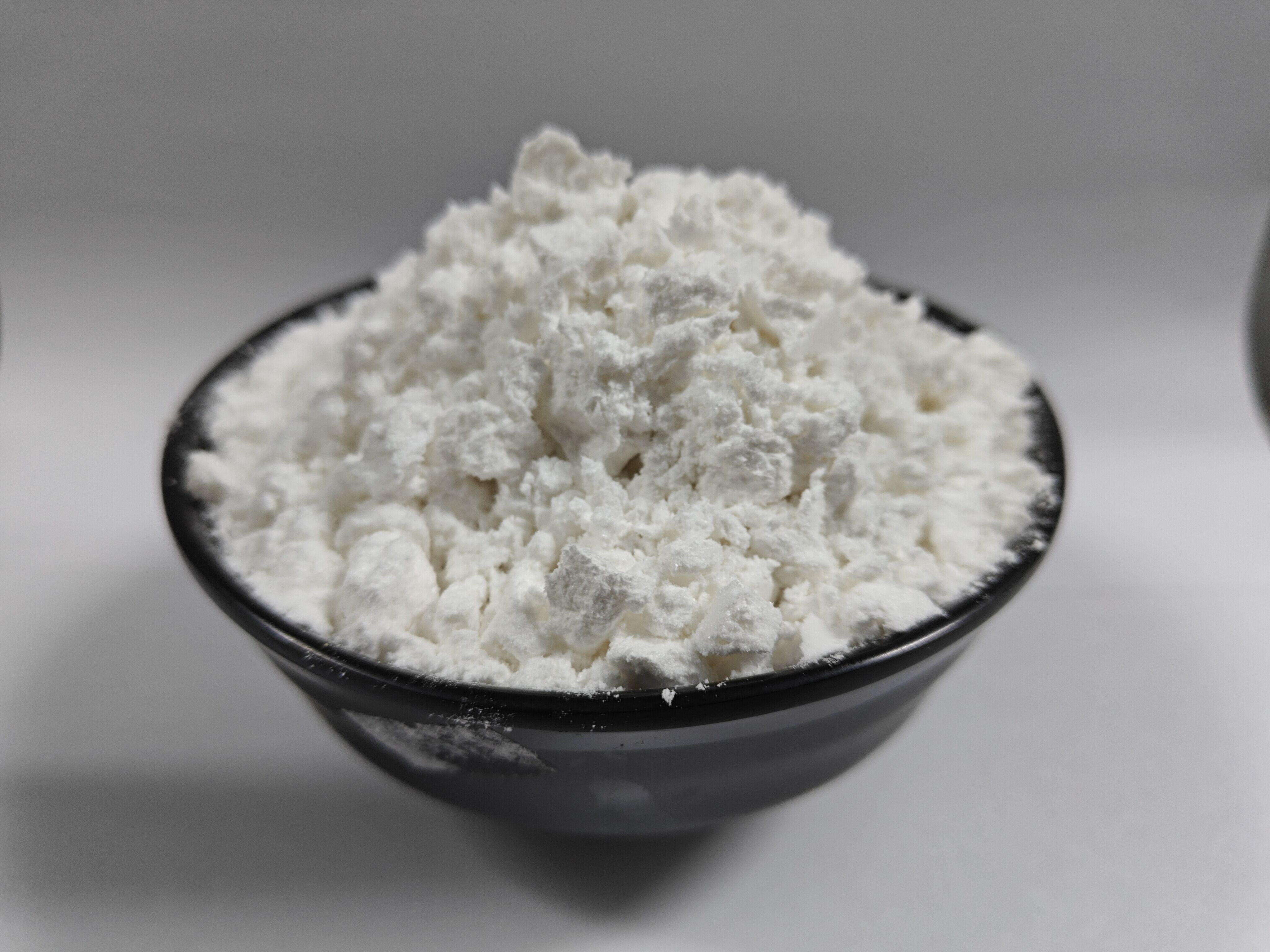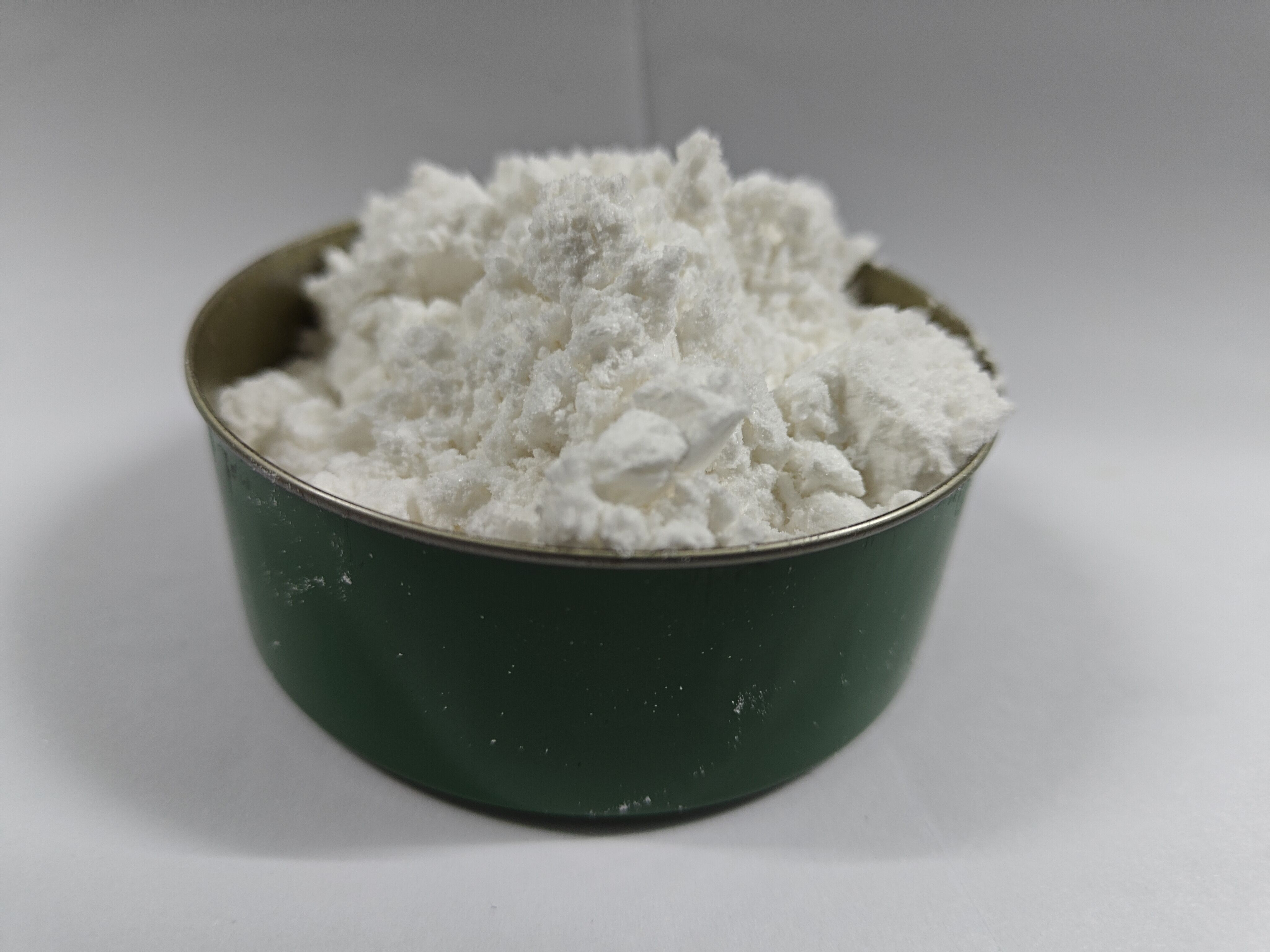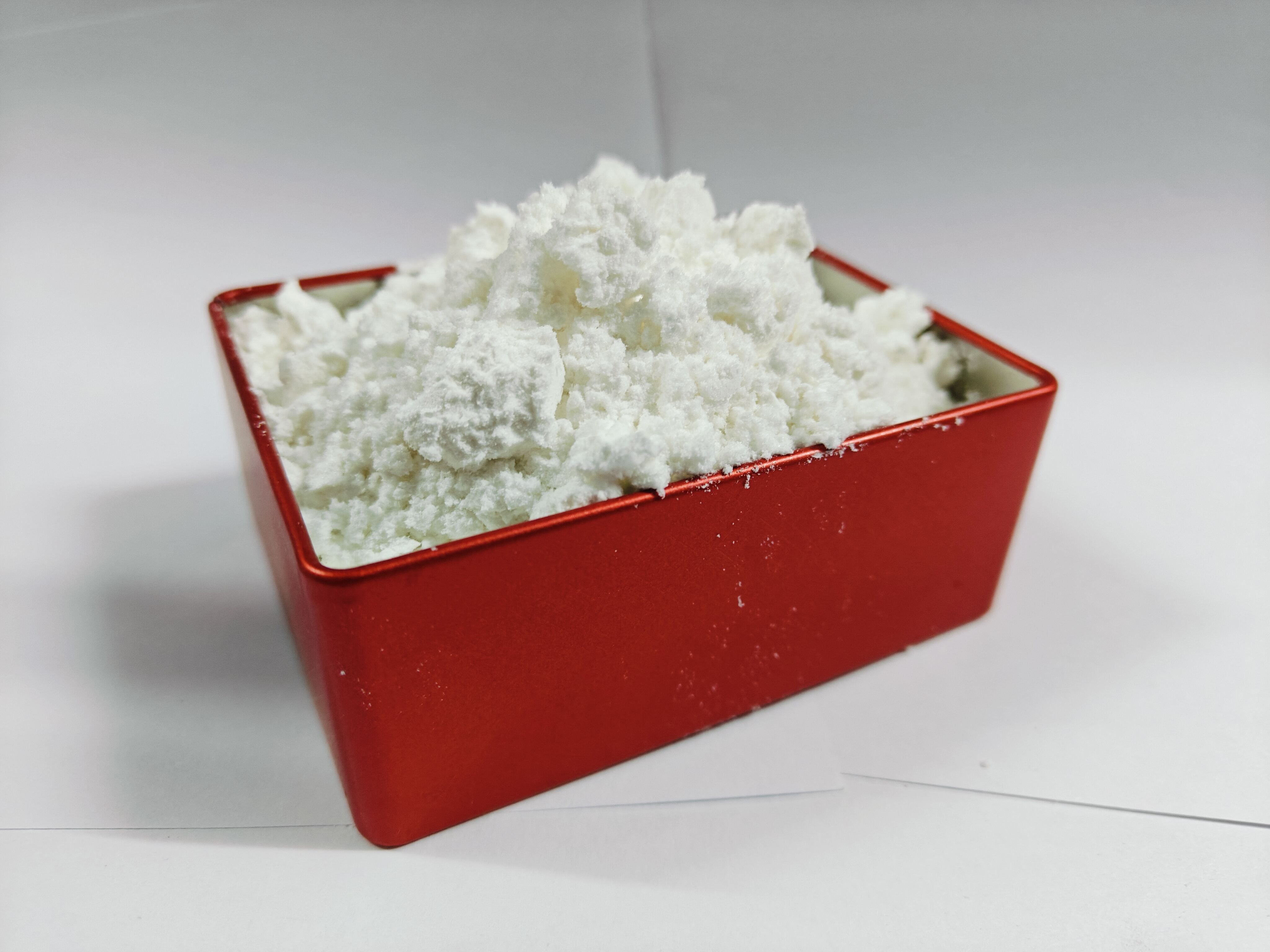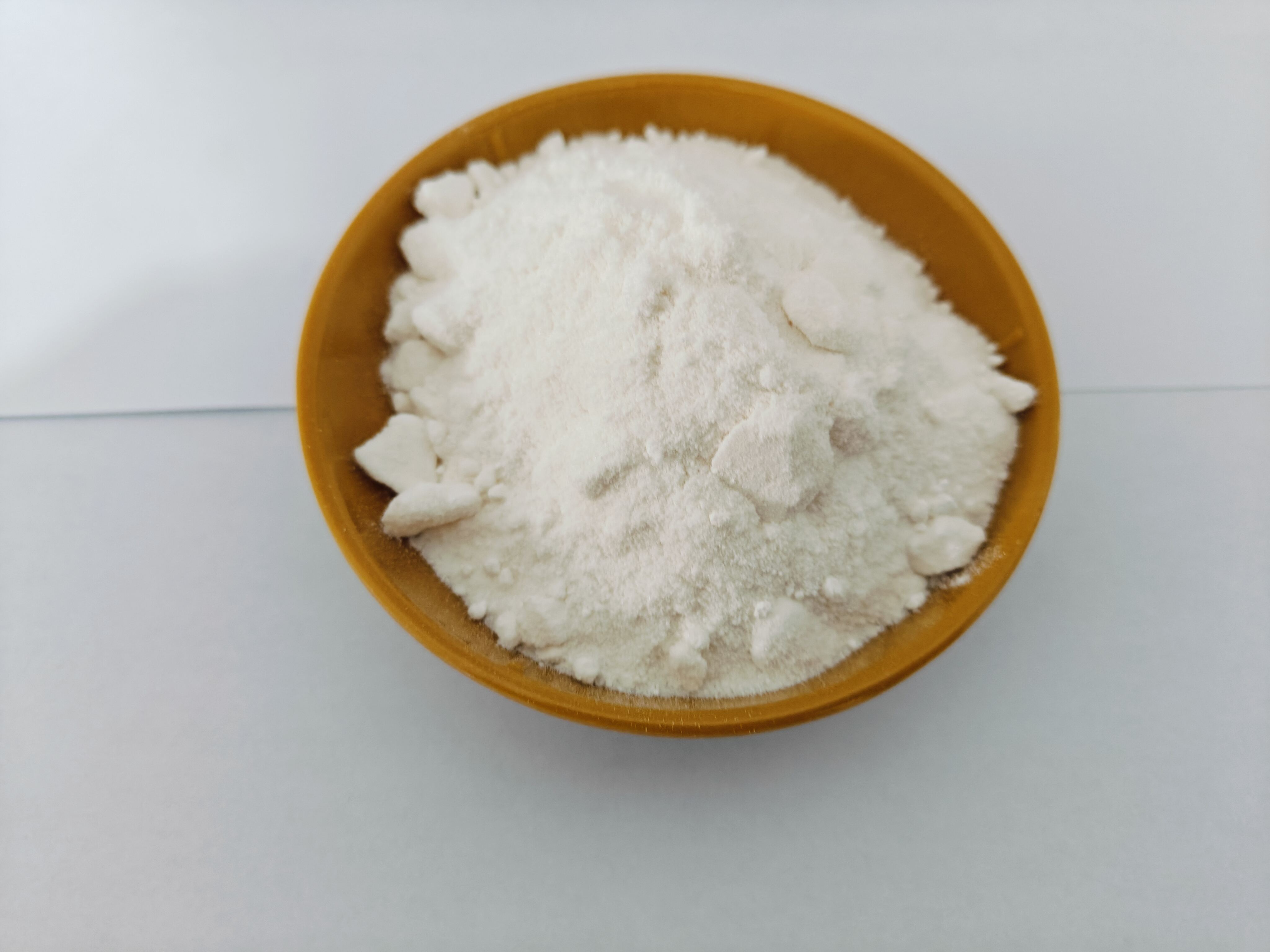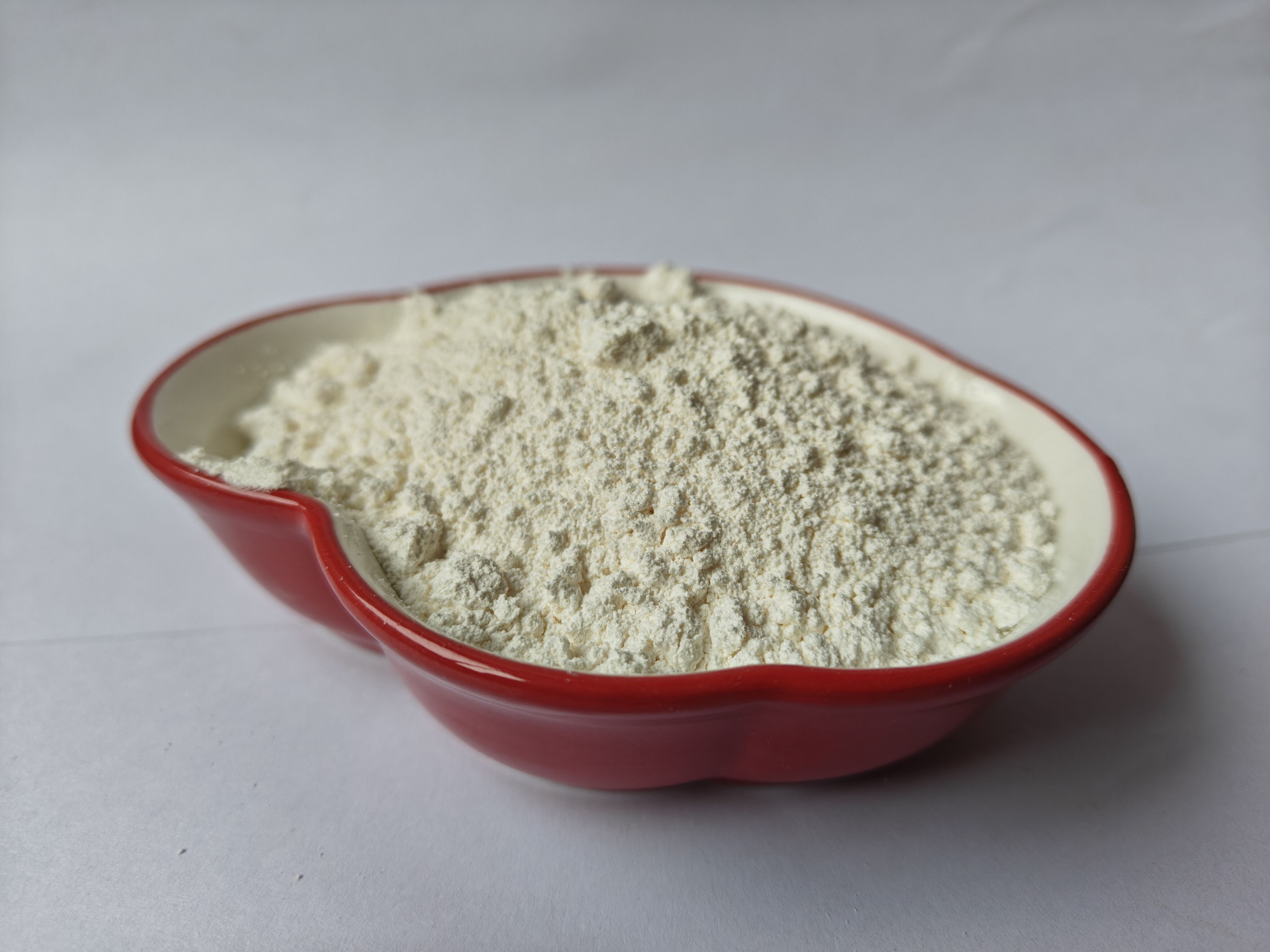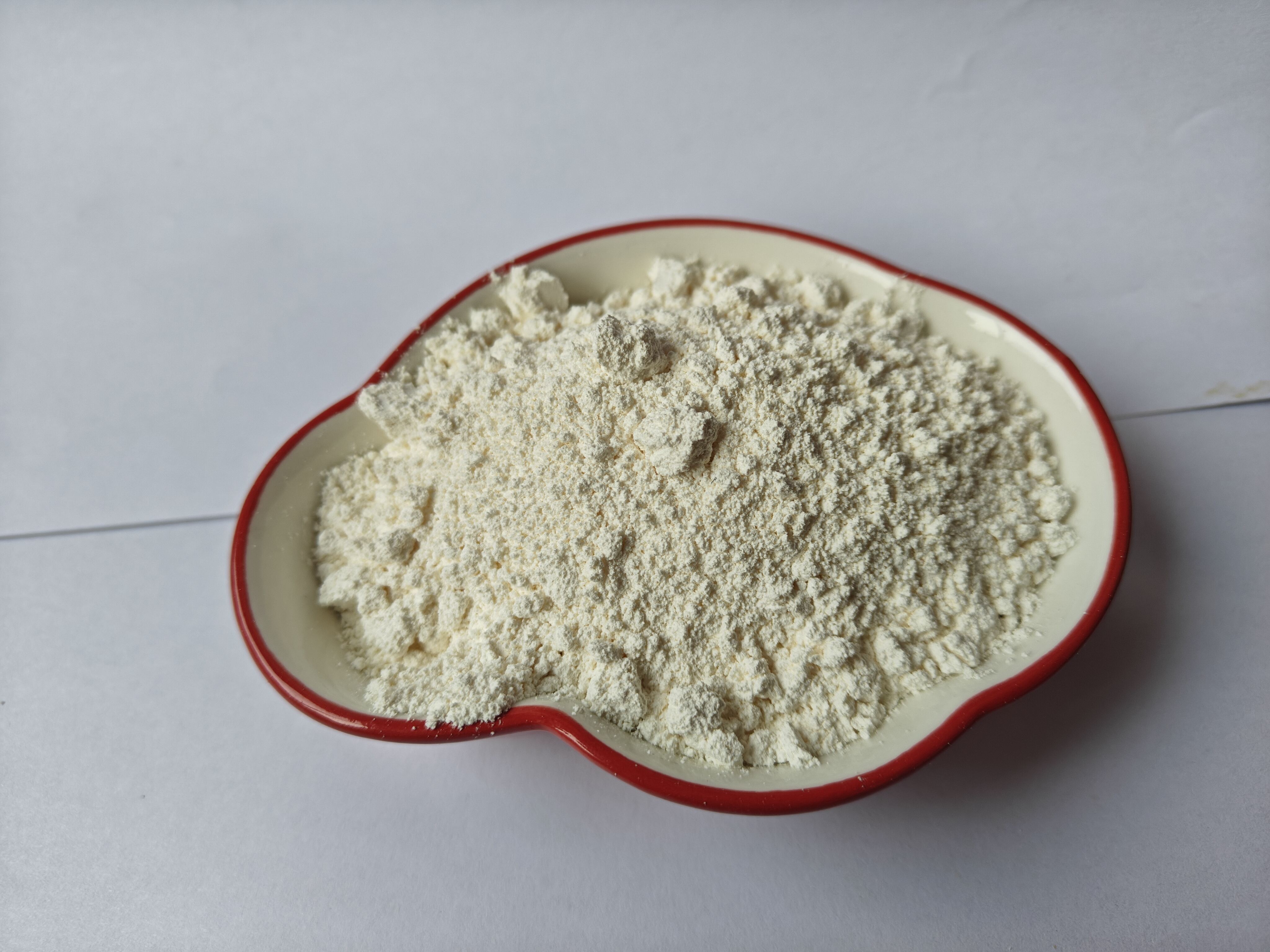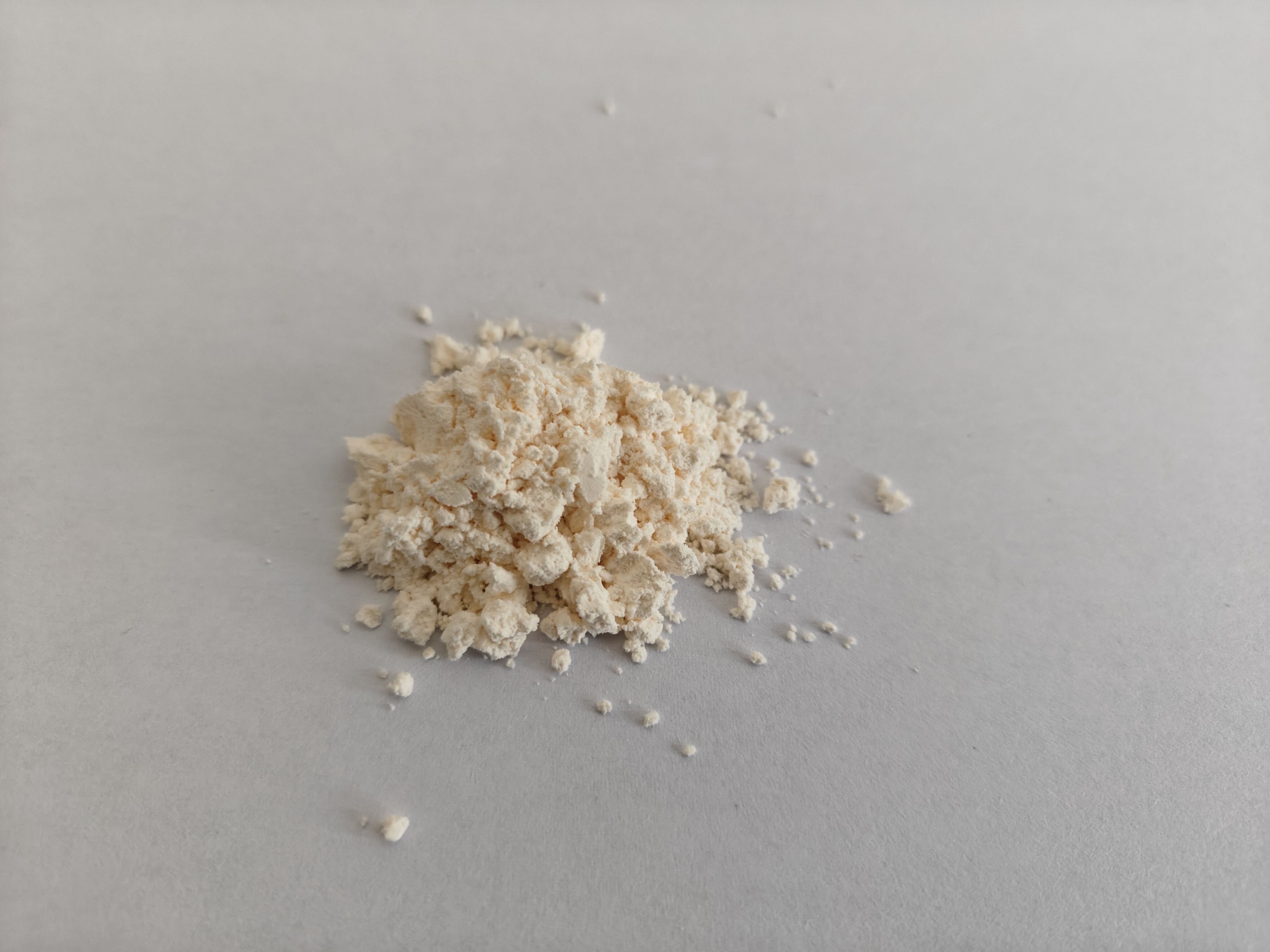epoksidni imidazolov catalyst
Katalizator epoksidimidazol predstavlja probojnu napredak u tehnologiji zavijanja epokside, služeći kao moćan akcelerator za sisteme epoksidnih ležaja. Ovaj inovativni katalizator djeluje preko jedinstvenog mehanizma koji promiče otvaranje cikličnih skupina epokside dok pruža odličnu kontrolu nad procesom zavijanja. U svojoj jezgrašini katalizator kombinira reaktivnost imidazolskih spojeva s posebnim strukturnim modifikacijama koje poboljšavaju njegove performanse. Katalizator prikazuje izvanrednu učinkovitost na relativno niskim razinama dodele, obično zahtijeva samo 0,5-3% po težini kako bi se postigle optimalne rezultate. Njegov molekularni dizajn omogućuje odličnu kompatibilnost s različitim sistemima epoksidnih ležaja, čime postaje posebno vrijedan u primjenama gdje su potrebne precizna kontrola zavijanja i izuzetne konačne osobine. Epoksidimidazol katalizator izvršno funkcionira u oba termalna i latenta zavijanja primjene, pružajući korisnicima fleksibilnost u uvjetima obrade dok osigurava konstantne rezultate. U industrijskim primjenama pokazao se posebno učinkovitim u elektroničkom pakiranju, složenim materijalima i visoko performantnim oblogama gdje su precizna kontrola zavijanja i odlične konačne osobine ključne.

